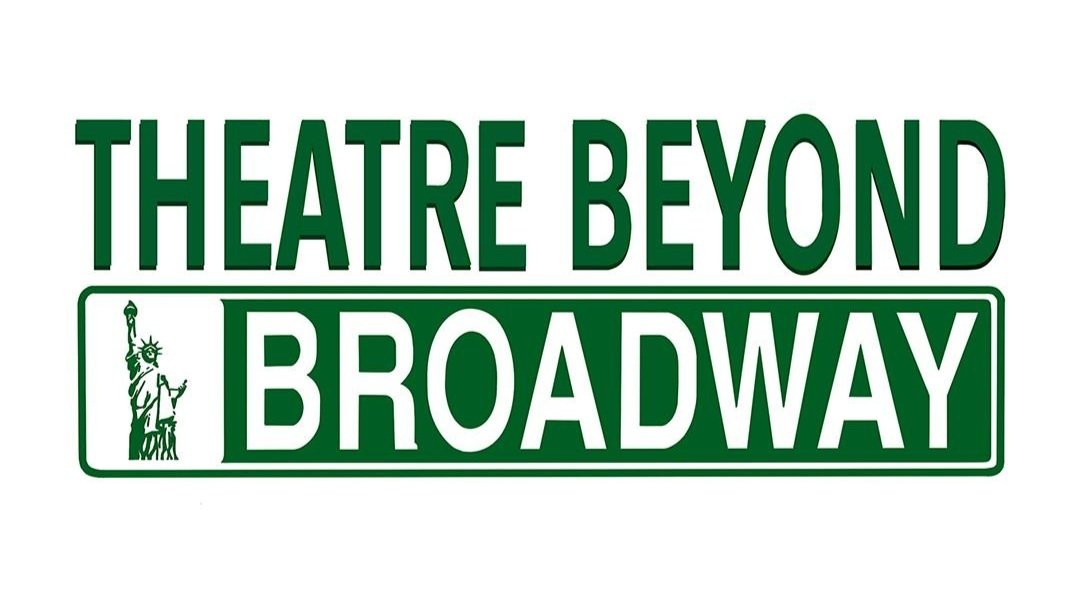Oh, Honey
Written by Jeana Scotti; Directed by Carsen Joenk
Little Egg | 657 Washington Ave, Brooklyn, NY 11238
October 7th November 7th
Photo Credit: Krystal Pagan.
Every once in a while, the stars align and you find something amazing where you’d least expect it. Perhaps it’s the neighborhood dim sum shop that gets bestowed a Michelin Star. Or the kid from Inwood who made a name for himself writing about Washington Heights but a tale about the neighborhood to the south would make him immortal. Or maybe it’s a startlingly good piece of playwriting performed by a stellar cast performing in a small cafe on Washington Ave. in Brooklyn.
In Jeana Scotti’s oh, Honey, four mothers gather at a diner on the first Monday of each month to commiserate —about Real Housewives, their dietary restrictions, their server, and, more often than not, one another. What begins as routine chatter gradually exposes the darker thread that binds them. Sarah [Mara Stephens] is always early, her nerves taut as piano wire. Stephens charts her character’s volatility with extraordinary control, riding emotional currents from crest to trough and back again. Lu [Dee Pelletier], by contrast, simmers just beneath the surface — cautious, skeptical, and increasingly wary, particularly when Bianca [Jamie Ragusa] invites a newcomer to their circle. Vicki [Maia Karo] provides the table’s warmth, her sunny disposition and easy laugh a welcome contrast to the monkfruit-sweetened tension around her. Yet even her light can’t dispel the shadow that hovers over their monthly ritual.
The longer these women linger at their corner booth, the more their polite brunch banter curdles into something far more volatile. Lu’s suspicions — of Vicki, of the waitress, of the diner itself — thicken the air, transforming the cozy café into a pressure chamber. By the time the truth of their connection begins to surface, what once seemed like idle conversation reveals itself as confession.
oh, Honey takes its inspiration from a 2017 New York Times article about a group of mothers whose sons had been accused of sexual assault on college campuses. That real-life context gradually seeps into Scotti’s play: the talk of lawyers, online advocacy groups like FACE, and the growing paranoia that surrounds their every exchange. “Spies are clever,” one warns. The women’s worlds have imploded. Each is left to wrestle with an unbearable uncertainty: Did the boys they raised commit the unthinkable, or have they been falsely accused?
“You know not all those people are your friends anymore, not even family,” Lu cautions Sarah, who compulsively posts childhood photos of her son on Facebook, clinging to a vanished innocence. The group’s collective anxiety mounts in waves, building to a feverish pitch. Even their moments of shared laughter — and the quick, rhythmic exchanges that once sounded like camaraderie — begin to feel like tremors preceding an eruption.
When that eruption comes, it is as indiscriminate as it is inevitable. The blast does not spare Mari, the waitress [Carmen Berkeley] whose proximity to the mothers pulls her into their emotional orbit. After a minor mistake with an order, Mari breaks, blurting out, “She’s right. I’m a selfish bitch. A lazy selfish bitch with ketchup stains on my apron.” But the outburst is more than a meltdown; it’s a moment of searing self-awareness, an interior monologue suddenly made to the audience out of earshot of the moms. For the first time, our attention shifts fully away from the mothers’ table. Mari’s anguish becomes a counterpoint — the collateral damage of privilege and pain colliding just a few feet away. The mothers may not notice the ripples they’ve set off, but the audience can feel the tide turning. What began as simmering tension has become something far more consuming, a firestorm from which no one in the café can entirely escape.
The climax is served, fittingly, with a touch of gluten intolerance. By this point, the bonds among the women — already frayed — unravel entirely. Mari, now absent from her usual Monday shift, has weaponized what began as a tenuous connection with Sarah. What Sarah mistook for friendship and understanding becomes the sharpest betrayal of all. Her longing for connection, her need to be seen, has exposed her completely. Bianca’s carefully guarded composure cracks under the strain. “You made me look like I think my own son should be locked up,” she cries — a line that lands like a wound. The pain at the table radiates outward, as inescapable as the scent of tomato soup that began the evening.
What follows is not catharsis but recognition. Watching these women at work, one does not see performers merely inhabiting roles, but people navigating the wreckage of love, guilt, and denial in real time. Even in the play’s most absurd moments, their truth feels unforced, lived-in. Stephens’s fragility, Pelletier’s tension, Ragusa’s brittle brightness, and Karo’s fractured warmth create a portrait of maternal anxiety that feels both painfully specific and universally human.
Director Carsen Joenk’s touch is so deft it is nearly invisible. She shapes the rhythms of the piece with a conductor’s ear — letting tension and silence play off each other until both become music. The production’s intimacy never feels confined; rather, it draws the audience closer, implicating us in the women’s unraveling.
By the final moments, the laughter has quieted, the soup has gone cold, and what remains is the ache of understanding. In oh, Honey, Jeana Scotti, with Joenk and her extraordinary cast, has created something rare: a chamber piece of quiet devastation, rendered with precision, compassion, and courage. It’s the kind of work that reminds us why small theater matters — not for its scale, but for its ability to hold a mirror this close, and this steady.
Click HERE for tickets.
Review by Nicole Jesson.
Published by Theatre Beyond Broadway on October 27, 2025. All rights reserved.





